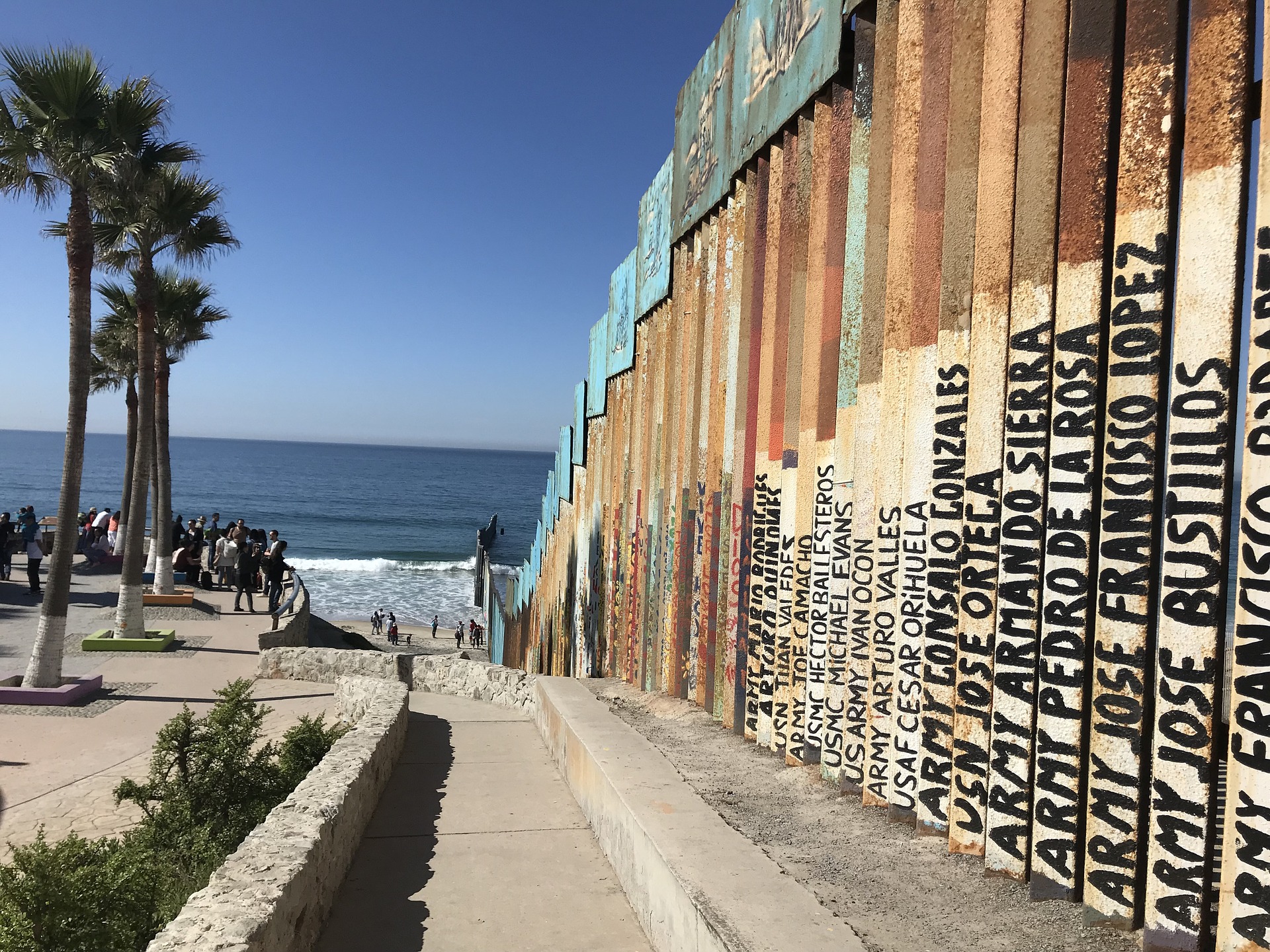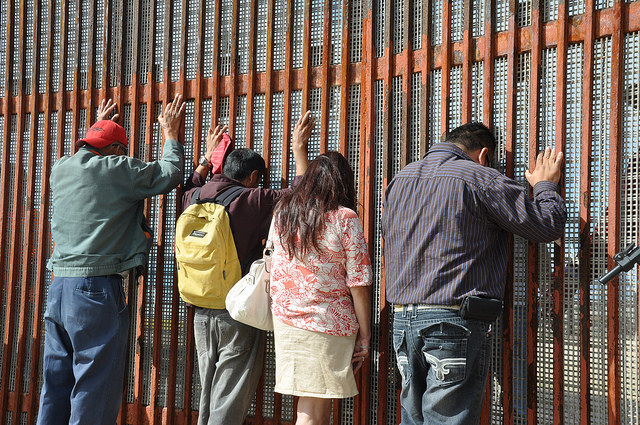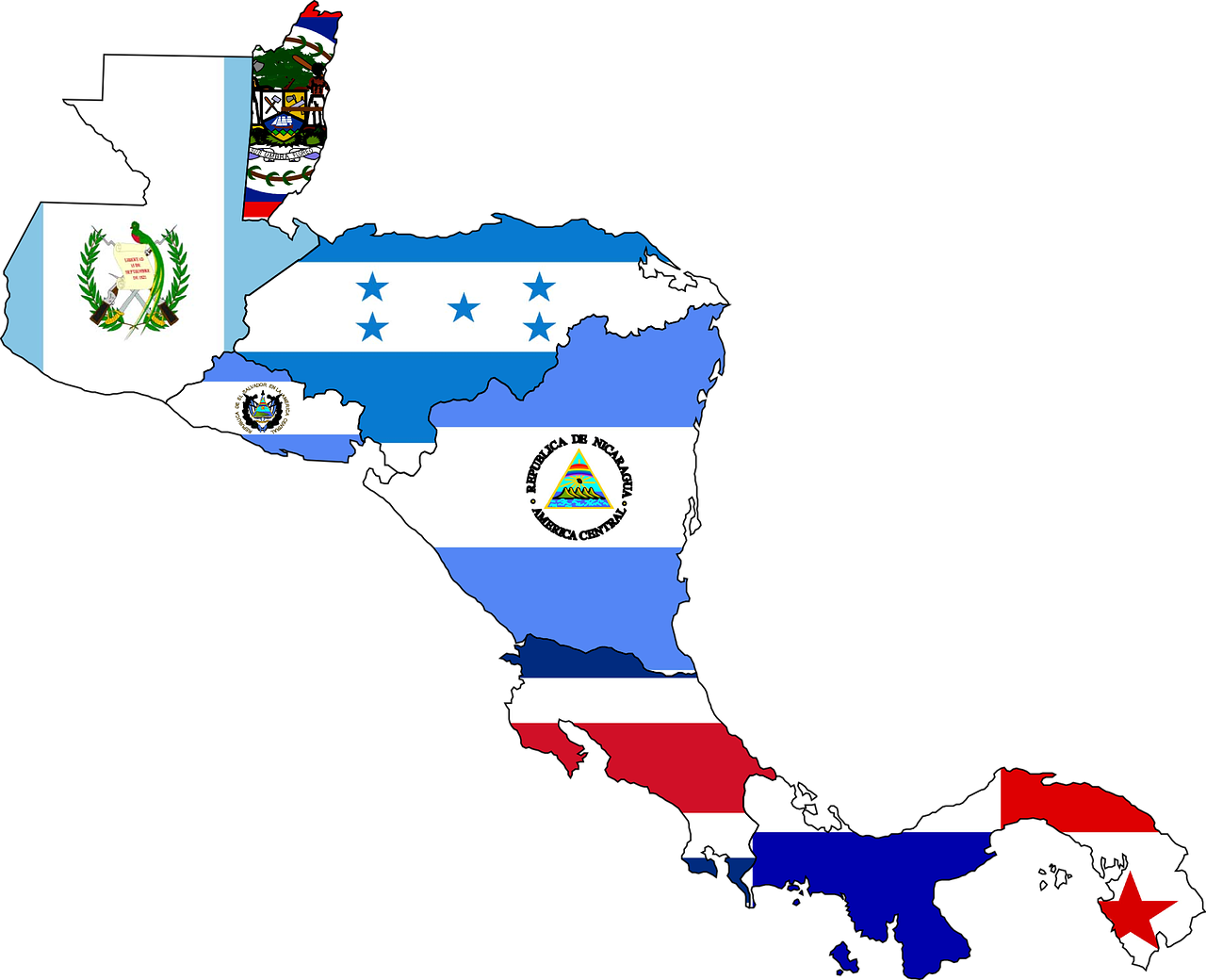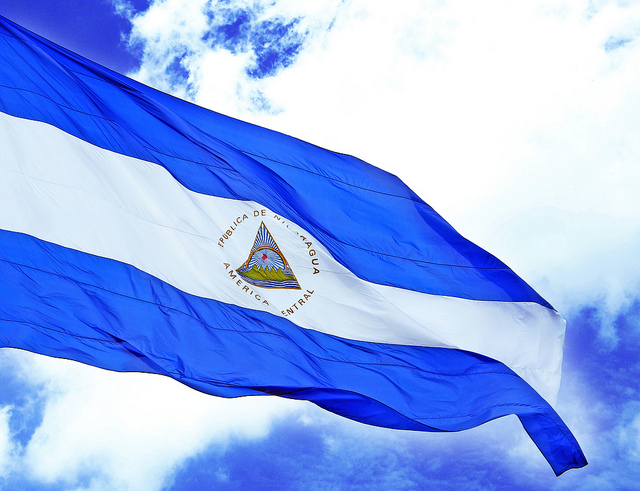
On September 7, 2018, the government published a notice of proposed rule making in the federal register, entitled, “Apprehension, Processing, Care, and Custody of Alien Minors and Unaccompanied Alien Children.”
The proposed rule seeks to amend existing regulations relating to the apprehension, processing, care, custody, and release of alien juveniles in custody.
If the proposed rule is enforced, it will replace the Flores Settlement Agreement reached in 2001 in response to the class-action lawsuit Flores v. Reno. The Flores Settlement Agreement allows detained children the right to a bond hearing and affords them several important protections including:
- the right to be represented by counsel;
- the right to have detention assessed by an independent immigration judge, outside of the Office of Refugee Resettlement system;
- the right to present evidence;
- the right to examine and rebut the government’s evidence;
- the right to build a record regarding their custody.
If the government has its way, children in detention will be stripped of these rights.
The government states that consistent with the Flores Settlement Agreement, the proposed rule would ensure that juveniles in government custody are treated with dignity and respect, with a special concern for the vulnerability of minors in custody.
The rule would create an “alternative” to the existing licensed program requirement for family residential centers, including the ability to detain family units together during the entirety of their immigration proceedings.
Continue reading

 Visa Lawyer Blog
Visa Lawyer Blog








